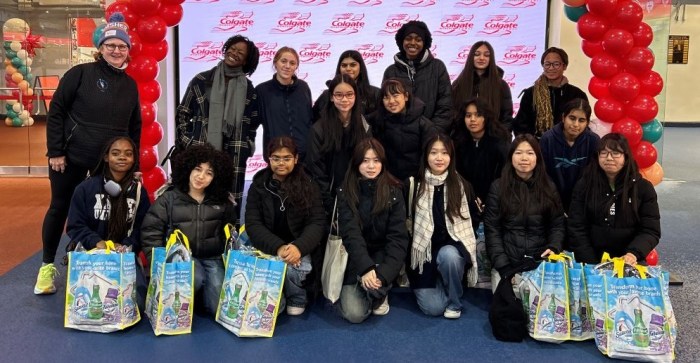This week, my dear mother read me a Persian quote that I had never heard. Roughly translated, it said, “When a man is torn between deciding with his heart or his mind, let him disregard both and consult his wife.” Maybe it was a joke, I’m not certain.
Regardless, I think you can tell a lot about a people by two things: what they eat and the jargon they use.
In a previous column, I already spoke a little about the generous and colorful foods that Persians generally like to cook and eat. Now, I would like to touch upon a few old Persian adages.
One of the most lovely and widely used sayings is Gol posh o’ru nadare. This expression is used when sitting in rows and a Persian turns to the people behind her and apologizes for facing her back. This polite response means, “A flower has no front or back.”
Of course, not every Persian proverb is as perfectly eloquent. There is the expression Yak char ar bezane hamintori mimuni, which means, “If a donkey brays, you will remain as such.” It is used to admonish children making silly faces.
In the midst of a good joke, a Persian friend may say, Betareki hay, which means, “May you explode”—from laughter, of course.
When warning a child to be weary of strangers, a Persian mother can say, Mesle handune baste mimune, which translates to “It is like an unopened watermelon.” If you have never heard the expression, the parallel might seem difficult. The saying illustrates that you cannot accurately guess what will be found underneath the cover, good or bad.
There is also a common Persian expression that is used when driving behind a car that is going frustratingly slow. The phrase is Arus mebare, which means, “Is it transporting a bride?”
A great expression when articulating angst to someone who is taking too long to get ready is, Data arus to hala hazer shodebudan, or “Ten brides would be ready by now.”
One of my personal favorite sayings is, “It’s like the cat that went up the tree.” I have used this expression in English as well, but I have always been rewarded with baffled expressions in return—much like the look the reader has now. It makes perfect sense to me though. The cat had no business up a tree, he went there only to get out of a situation he didn’t like on the ground. He is now, however, in an even bigger predicament.
My other most beloved expression is Palu choda kari nadare. It means, “The solution presents no difficulty to G-d.” These words are used to lovingly comfort a person faced with a seemingly unsurmountable challenge.
To me, these expressions subtly attest to the importance that Persians place on many key values, including child rearing, marriage, politeness, faith and contemplating the consequences of our actions.
Thank you for opening your hearts to accept diverse cultures in this beautiful, blessed country. Very best wishes to all! Good luck, break a leg and don’t let the bed bugs bite.






























